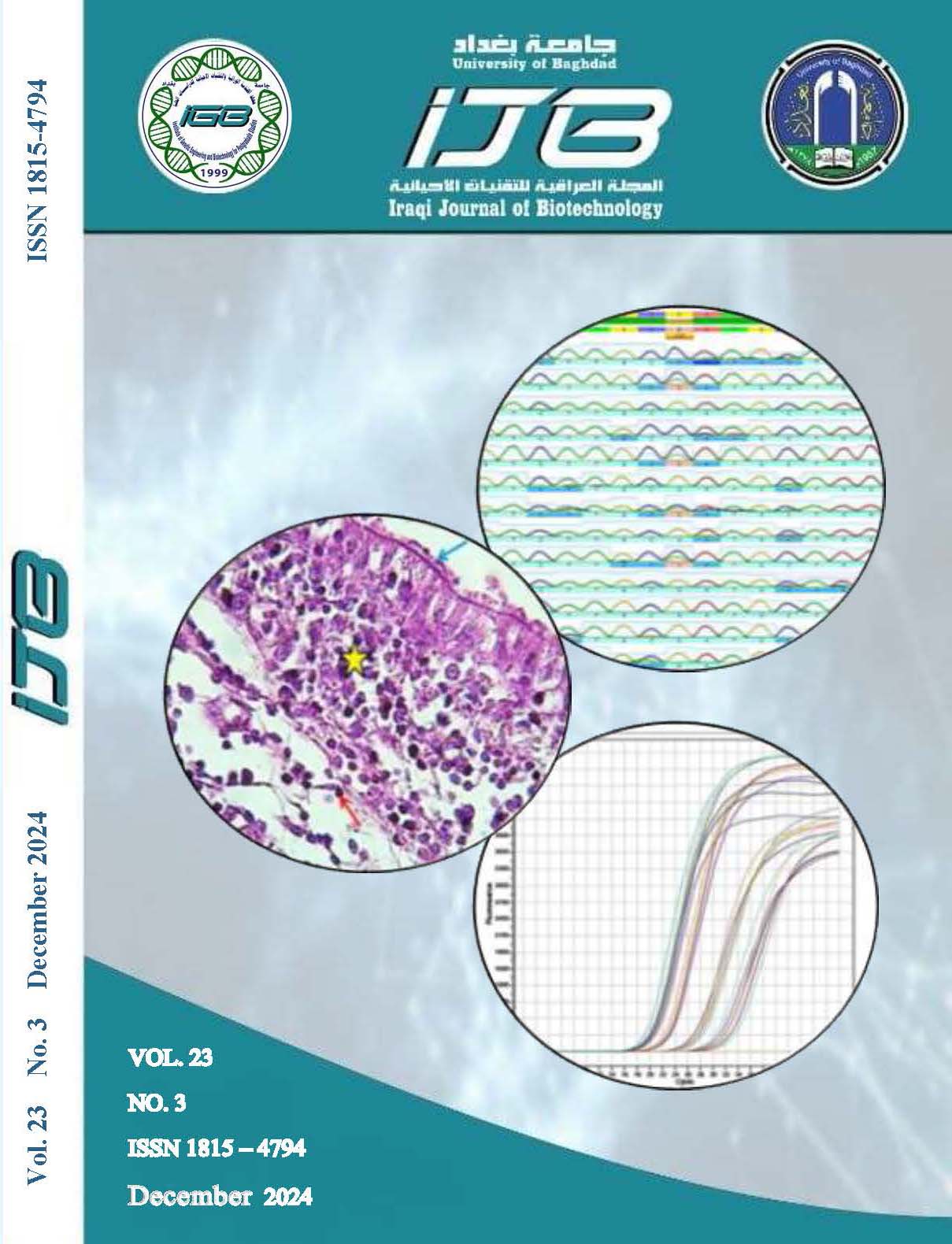Evaluation of Interleukin -29 Serum Levels and Their Gene Expression in Iraqi COVID-19 Patients
Abstract
Inflammation plays a significant part in the pathophysiology of COVID-19 which is caused by SARS-CoV-2. Severity of this infection is linked with dysregulation of inflammatory immune responses, which sequentially inhibit the development of protective immunity to the infection. The aim of the study to evaluate serum cytokine levels throughout the acute phase are linked also to a higher risk of disease severity and death rate. Interlukin-29 (IL-29) also known as Interferon λI, as an inflammatory cytokine, is an early line of defence in upper respiratory tract infections like SARS-CoV-2. It’s of critical importance in innate immune regulation and modulation of immune responses during acute viral infection and tissue inflammation. Therefore, this study evaluated IL-29 serum levels in 80 COVID-19 Iraqi patients and 50 apparently healthy controls. ELISA technique was used for the quantitative detection of human IL-29. Findings indicated that median IL-29 serum concentrations differed insignificantly between moderate cases, severe/critical cases and control groups. It was concluded these differences in IL-29 serum levels were not affected by sex, age, or underlying disease. Il-29 mRNA showed up-regulated in PBMC in COVID-19 Patients.


